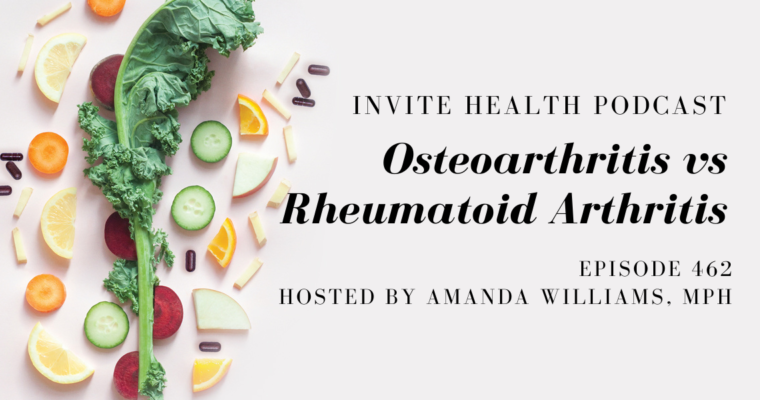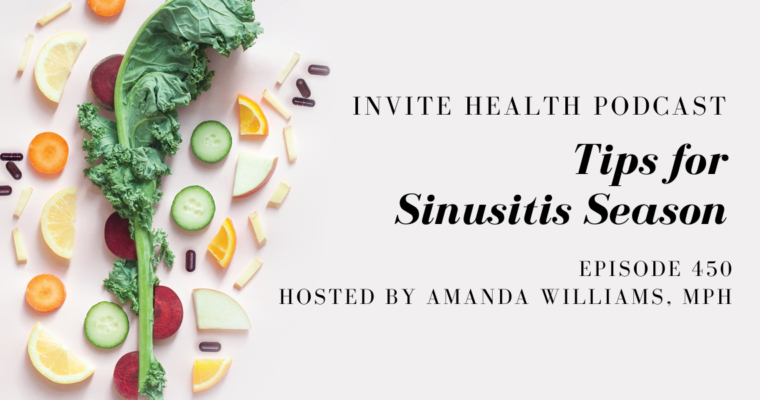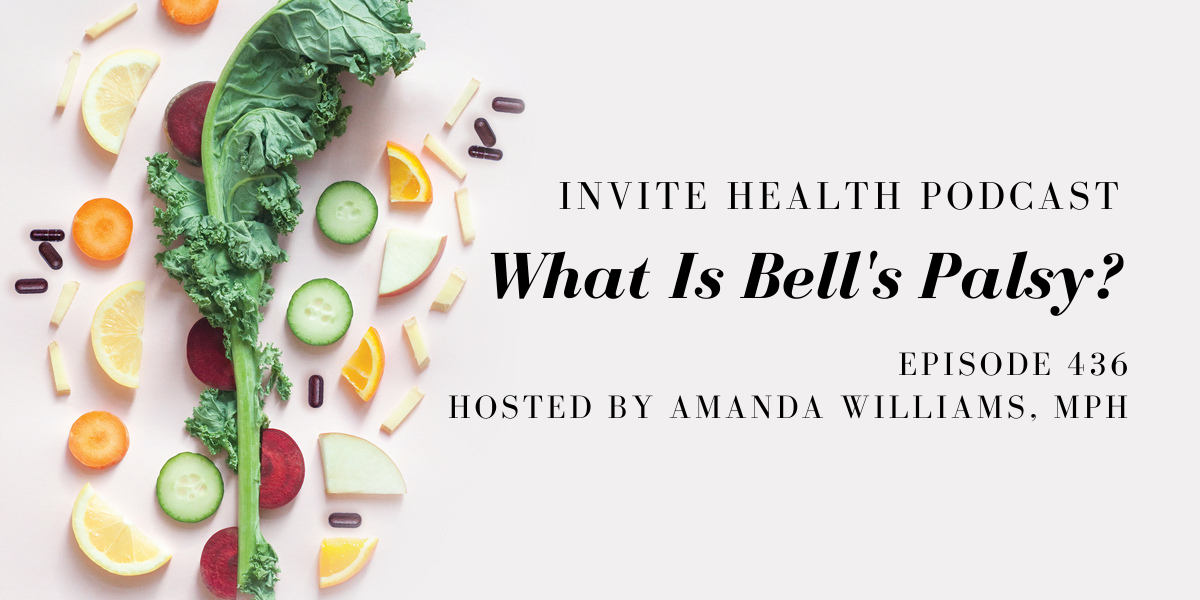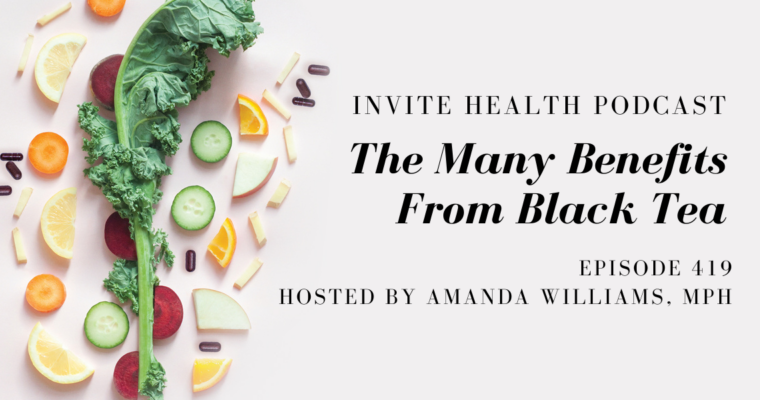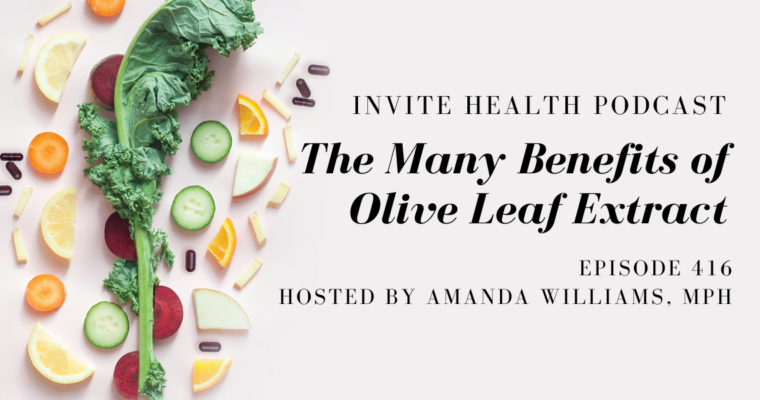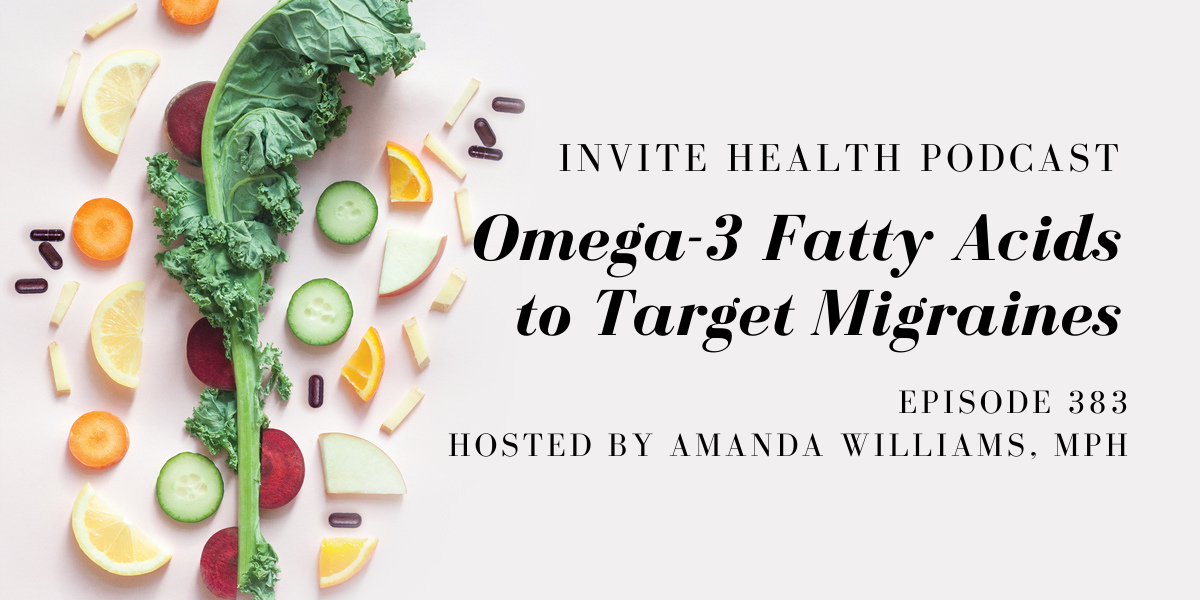Bell’s palsy
InViteⓇ Health Podcast, Episode hosted by Amanda Williams, MPH
Subscribe Today!
The long-term effects of a viral infection are often taken for granted. Maybe you get the common cold and after a few days, it resolves. You go about your life and you don’t really think about it again. We now know more about so many different viruses and we understand that viruses are tough to actually kill. Many times, these viruses actually go dormant, sometimes for years or decades. Then, they may decide to come out of hibernation and create havoc in our life.†
THE VIRUS KILLER: YOUR LYMPHATIC SYSTEM, PART 1 – INVITE HEALTH PODCAST, EPISODE 83. Listen Now>>
Today, I want to talk about a particular virus that we know has been directly linked to a very problematic facial paralysis called Bell’s palsy. It is thought that the reactivation of the herpes simplex 1 virus could potentially be the driving force for this. The reason I want to talk about this today is because as we get into the fall and winter months, we know that oftentimes the incidence of Bell’s palsy can go up during those colder months. We can look at a couple of different factors that can cause this.†
Who can develop Bell’s palsy?
Statistically speaking, we know that Bell’s palsy can impact roughly 50,000 Americans every year, so this is not necessarily a rare condition. When it comes to people who are impacted by Bell’s palsy, this is usually going to hit people in their teenage years through their mid-40s.†
There are some comorbid conditions that can increase someone’s incidence of developing Bell’s palsy. Pregnant women, for example, often develop this issue in the third trimester. We can look at people who are overweight or diabetic, as well as people with comorbid respiratory infections.†
There are some different correlations between the development of Bell’s palsy and what may be the causative trigger. Scientists and researchers have predominantly agreed that this issue is likely being caused by the reactivation of the herpes simplex 1 virus. This virus often causes the common cold sore. Pretty much everyone worldwide has been exposed to herpes simplex 1, which means we all can have this virus laying dormant inside of our body.†
Bell’s palsy is very scary for someone who develops it because they may be worried that they’re having a stroke. It generally impacts one side of the face and creates this significant weakness or paralysis. It’s rare that you would ever see this on both sides. It highly affects the eye and the eye itself may develop the inability to properly blink, thus creating significant dry eye. The symptoms and severity can vary from one person to the next, but the most common thing is the weakness on one side of the face.†

Helping to protect your body
There are different nutrients that can be added into a routine to help with this issue. We can look at omega-3 fatty acids, B-vitamins and acetyl-l-carnitine (ALCAR). A study done in the 1990s looked at idiopathic facial paralysis and the therapeutic impacts of ALCAR. The researchers found that the ALCAR actually provided a significant statistical improvement in terms of action.†
THE MANY BRAIN BENEFITS OF ALCAR AND ALA, PART 1 – INVITE HEALTH PODCAST, EPISODE 134
We certainly know that there are nutrients that can be very helpful in achieving this type of recovery, but we have to make sure that we are trying to support our immune system and ease inflammation from the get go. We should be taking nutrients that are optimizing our immune defenses, including Vitamin D, Vitamin C, zinc and magnesium.†
In this episode, Amanda Williams, MPH discusses Bell’s palsy, a muscle issue in the face that may be caused by the activation of dormant viruses in the body. She explains why it’s important to support the immune system and provides recommendations of nutrients that can help bolster immune response.†
Key Topics:
- What might trigger Bell’s palsy?
- Details on herpes simplex 1
- Common symptoms of Bell’s palsy
- Traditional treatment for this issue
- Nutrients to support the immune system and help fend off inflammation
Thank you for tuning in to the InViteⓇ Health Podcast. You can find all of our episodes for free wherever you listen to podcasts or by visiting www.invitehealth.com/podcast. Make sure you subscribe and leave us a review! Follow us on Facebook, Twitter and Instagram at InViteⓇ Health today. We’ll see you next time on another episode of the InViteⓇ Health Podcast.

